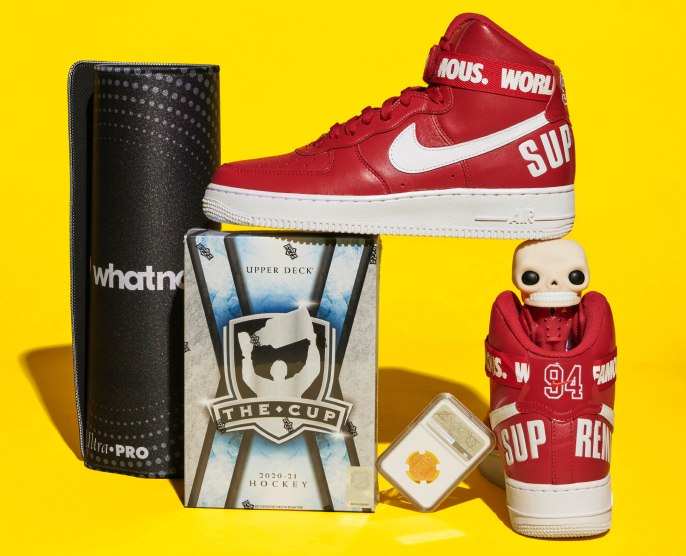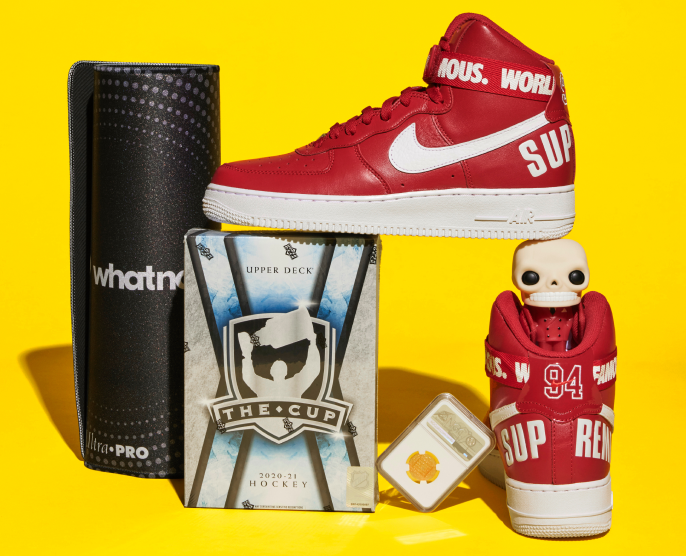
Autograph Collecting: Protecting Against Forgeries
I am an avid Illini fan, and was lucky enough to live in Missouri in 2005 when Illinois played North Carolina in the NCAA Finals in St. Louis. Needles to say, I was swept up in the Illini fervor and wanted something to immortalize the time. After walking out of the Illini's practice session, I spotted a North Carolina fan wearing a Tar Heels jersey with what looked to be autographs of the entire team. Right there, I knew what I wanted – an autographed Illini jersey with all of the players.
Not knowing how to obtain autographs like that myself, I went to eBay and found a plethora of autographed Illini wear. The gullible part of my brain was excited. Heck, there was a jersey with everyone's autographs that could be bought now for only $150!
Then the cynical part of my brain chimed in. It was only $150 with Deron Williams, Luther Head and Dee Brown's signatures? Heck, the jersey itself likely was half the cost …
Then, the devious part of my mind weighed in. Why not buy it anyway? You don't know for a fact it's fake. No one else would either! Besides, fake or not, it'd look great in the office.
Well, the cynical part won out, and I didn't buy it. But still to this day, I'd love to have a real jersey like that.
Unfortunately, forged autographs on sports memorabilia are pervasive. According to the FBI, 70 percent of autographed sports memorabilia are forgeries.
Most unscrupulous vendors play the odds. If they sell lower-cost forgeries, they likely will not be caught. Lawsuits take a long time and require resources and effort of the wronged party. Also, these vendors know that some consumers, like me, will be tempted by that devious part of their mind that might rationalize away minor indications that the item might not be authentic. Because, heck, once that item is on your wall, most of the people who walk by won't be able to spot a forgery anyway.
But what happens, if that autographed jersey becomes unique? Let's say, just five years later, Deron Williams is one of the best NBA point guards. That suspect autographed jersey would be the show piece for anyone's collection. If five years later you take the jersey to be authenticated (let's say, for insurance purposes), you don't want that appraiser to confirm that you'd been snookered.
The too often used adage of “if it's too good to be true, it likely is," applies. If you want that centerpiece for your collection, you'll have to spend a lot more for it than a forgery. Just make sure when you do, you spend wisely.
The best advice is to be smart. Only buy from reputable sellers. Before buying, use reputable authentication companies. If the memorabilia already has a certificate of authenticity, make sure it is from a reputable authenticator. This will ensure the purchase you make is not a fraud.
If, despite your best precautions, you've still been duped, there are legal options. While breach of contract and consumer fraud statutes actions are available, by far the most intriguing recourse is California's Autographed Sports Memorabilia statute (Civ.Code, § 1739.7). This statue requires dealers to provide certificates of authenticity for autographed memorabilia and provide a warranty that the memorabilia is authentic.
If a dealer violates the statute, the consumer can receive actual damages (e.g., cost of the item), and a civil penalty of 10 times actual damages, plus court costs, reasonable attorney's fees, interest, and expert witness fees incurred in the lawsuit. The court could also award additional damages based on the egregiousness of the dealer's conduct.
This statute is a pretty good deterrent against forgeries, and if you find yourself in the unfortunate position of owning a worthless forgery, a good weapon to have.
The downsides to the statute are it is a California statute, so you would need some connection to the state (sale in California, dealer from California, you live in California, etc). Because of that, it might not be an option for everyone. Also, sellers of forged materials know legal actions bring headaches. They are expensive, time consuming, and if the defendant is small, collectability could be a problem. So, while a 10x penalty sounds nice, after all of the hassles, it still may not be worth it.
So again, it may be best to be a cynic. Spend that extra money on what you know is authentic, rather than gambling that the gullible part of your brain might just be right this time.
And, if anyone has a good lead on an authentic and affordable (Yeah right!) 2005 autographed Illini jersey…feel free to drop me a line.
The information provided in Paul Lesko's “Law of Cards" column is not intended to be legal advice, but merely conveys general information related to legal issues commonly encountered in the sports industry. This information is not intended to create any legal relationship between Paul Lesko, the Simmons Browder Gianaris Angelides & Barnerd LLC or any attorney and the user. Neither the transmission nor receipt of these website materials will create an attorney-client relationship between the author and the readers.
The views expressed in the “Law of Cards" column are solely those of the author and are not affiliated with the Simmons Law Firm. You should not act or rely on any information in the “Law of Cards" column without seeking the advice of an attorney. The determination of whether you need legal services and your choice of a lawyer are very important matters that should not be based on websites or advertisements.
 | Making purchases through affiliate links can earn the site a commission |




























merzukie
Once U put it in the mail it brcomes Mail fraud fines are also very high. A conviction for a single count of mail fraud can result in a fine of up to $250,000. and max of 30 years in prison, so let the postal service handle it, have all the paper work